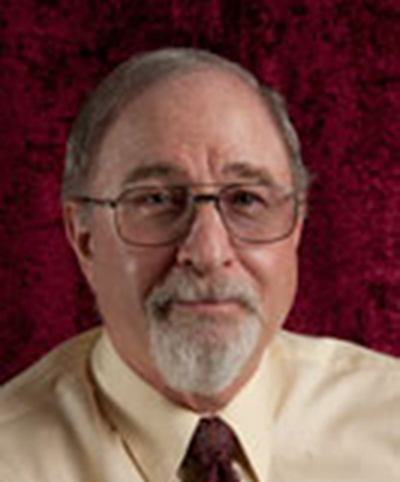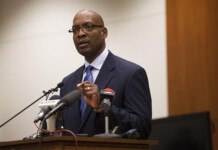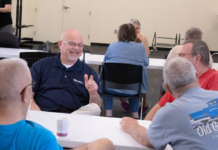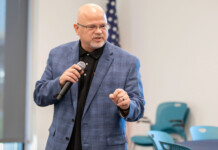
By Murray Siegel
Politicians are talking about making a college education more affordable, yet do we know what a university actually does?
Most Americans, if asked what the primary purpose of a university is, will say the education of undergraduates, who make up the vast majority of the student body. Examination of most university policies will reveal a different answer: the primary purpose is the education of faculty.
The important faculty at any university are the tenured professors or those seeking tenure. The university administration might proclaim teaching excellence is of primary value but their tenure-granting and promotional criteria belie that statement. A professor’s scholarship is what is most valued. Scholarship means the professor’s research and writing.
To provide sufficient time for tenured or tenure-track professors to do research, they are given fewer classes. To make up for this loss of teaching time, the university allows classes such as first-year calculus and introductory chemistry to be taught in large sections, with as many as 400 students in one class.
To teach these large lectures, especially in mathematics and the sciences, the faculty assigned might speak English as a second or third language. Does this give you a warm feeling about the university’s concern for undergraduate learning? Many classes are taught by contract faculty (instructors, lecturers, etc.) who are not tenured and who are hired to teach, often without guarantee of having a permanent job.
Allow me to provide two examples from my university education. As an undergraduate engineering physics major, I had a renowned professor for advanced electricity and magnetism. During the entire semester, we had one test, a mid-term, the problems on which had absolutely nothing to do with the course subject matter. The tests were returned a month later with grades of ?, X or √, and the professor refused to explain the meaning of these grades. Instead, he continued his dysfunctional lectures.
In my graduate program in mathematics education, I had a marvelous professor who was also at the frontier of mathematical research. When he came up for promotion, his application included a list of published articles. Actually, a few of these had not been published but were under consideration. A few other math faculty, who were envious of this professor, informed the administration of this “fraud” and the professor was forced to resign, despite being the most exceptional mathematics teacher I had ever had.
Yes, faculty research might involve a cure for cancer or a means of increasing cotton yield, but it most likely involves topics such as finding the next prime number, or identifying a species of bat by its mating call, or deciding if Shakespeare really wrote a particular sonnet, or if Abraham Lincoln suffered from depression.
Is this more important than quality teaching? Can anything be done to sustain proper research and increase the actual teaching accomplished on a university campus? Look for an answer in a future column.
Murray Siegel is a Maricopa resident. He has a PhD in Math Ed and 42 years of teaching experience. He and his wife Sharon volunteer at Maricopa schools.
This column appeared in the May issue of InMaricopa.










![Alleged car thief released without charges Phoenix police stop a stolen vehicle on April 20, 2024. [Facebook]](https://www.inmaricopa.com/wp-content/uploads/2024/04/IMG_5040-218x150.jpg)

![MHS G.O.A.T. a ‘rookie sleeper’ in NFL draft Arizona Wildcats wide receiver Jacob Cowing speaks to the press after a practice Aug. 11, 2023. [Bryan Mordt]](https://www.inmaricopa.com/wp-content/uploads/2024/04/cowing-overlay-3-100x70.png)


